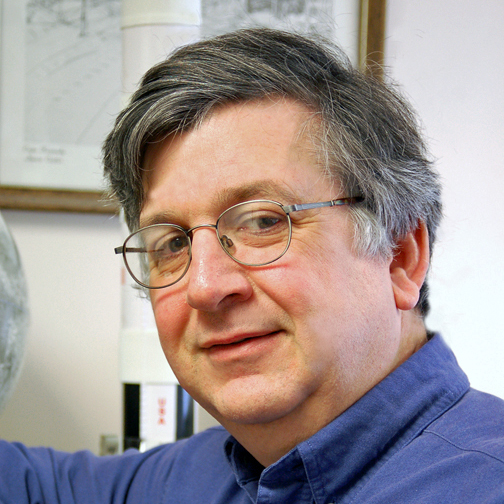Faculty and Staff
The high energy astrophysics group includes the following faculty and staff.
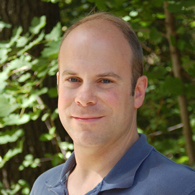 |
Dr. Peter BloserResearch Assistant Professor, Department of PhysicsResearch Assistant Professor, Institute for the Study of Earth, Oceans and Space
Peter Bloser received his A.B. in Astrophysical Sciences from Princeton University in 1994 and his Ph.D. in Astronomy from Harvard University in 2000. After post-doctoral appointments at the Max-Planck-Institut für extraterrestrische Physik in Garching, Germany, and at NASA's Goddard Space Flight Center in Greenbelt, MD, he joined the Space Science Center at the University of New Hampshire as a Research Scientist in 2004. He joined the SSC Research Faculty in 2009. Dr. Bloser's research interests lie in experimental gamma-ray astronomy and solar physics.
|
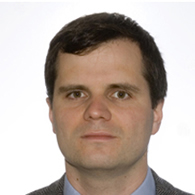 |
Dr. Ulisse BravarResearch Assistant Professor, Department of PhysicsResearch Assistant Professor, Institute for the Study of Earth, Oceans and Space
|
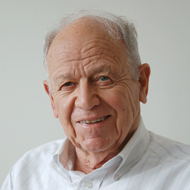 |
Dr. Edward ChuppProfessor Emeritus, Department of PhysicsProfessor Emeritus, Institute for the Study of Earth, Oceans and Space
Ed’s research utilizes the data obtained from X-ray and g-ray spectrometers carried aboard Earth-orbiting satellites. Part of his research activities focus on developing new means to detect g-rays, technology upon which future advances in the field will rely. Ed’s research involves collaboration with colleagues at the University of New Hampshire and with several U.S. and international institutions. His collaborations with scientists and students at the Max-Planck-Institute for Extraterrestrial Physics (Garching) and the University of Bern and the Paris Observatory (Meudon) have resulted in several recent publications.
|
Jason LegereResearch Project Engineer, Space Science CenterInstitute for the Study of Earth, Oceans and Space
|
|
|
Dr. Mark McConnellProfessor and Chair, Department of PhysicsProfessor, Institute for the Study of Earth, Oceans and Space |
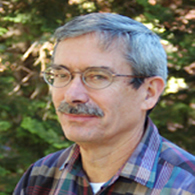 |
Dr. James RyanProfessor, Department of PhysicsProfessor, Institute for the Study of Earth, Oceans and Space
|
Supporting Staff
The successful conduct of our research relies on a shared pool of experienced engineering staff within the Space Science Center. These engineers generally work on a variety of projects within the Space Science Center and are not tied to any one particular research group. Here we highlight some of those who have participated in our most recent astrophysics projects.
Chris BancroftElectrical Engineer, Space Science CenterInstitute for the Study of Earth, Oceans and Space
|
|
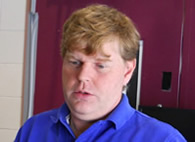 |
Colin FrostMechanical Engineer, Space Science CenterInstitute for the Study of Earth, Oceans and Space
|
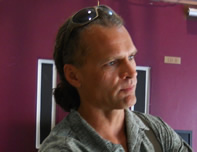 |
Steven LongworthElectrical Engineer, Space Science CenterInstitute for the Study of Earth, Oceans and Space
Steven P. Longworth came to UNH as a Senior Research Electrical Engineer in 1996. His background includes Air Traffic Controller, Radar and Electronics specialist in the United States Air Force, research SCUBA diver, deep-sea instrument engineer and Arctic research team member at the Woods Hole Oceanographic Institution, and senior engineer at both the McLane Research Labs on Cape Cod and Pacific Scientific in Boston. Steve has been granted both commercial and amateur radio licenses by the FCC and received his B.S. in electrical engineering from UMASS Dartmouth in 1993, graduating first in his class with a perfect 4.0 average. His interests include designing, testing and building earth, oceans and space research instrumentation.
|
Bruno PapeSoftware Engineer, Space Science CenterInstitute for the Study of Earth, Oceans and Space
|

